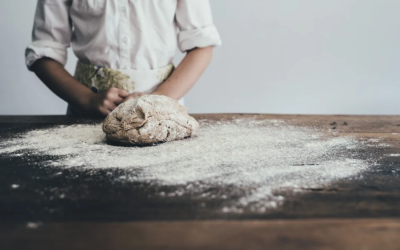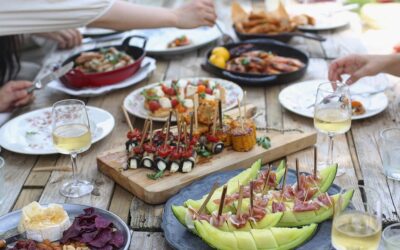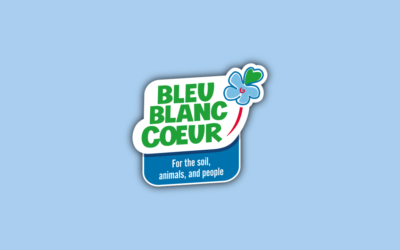They will speak at the One Health 2021 symposium…
… at the first session , June 8 th .
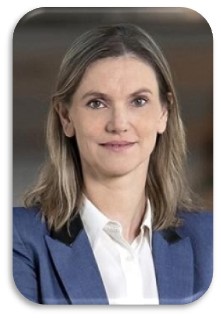
Agnès PANNIER-RUNACHER
Minister Delegate to the Minister of the Economy, Finance and Recovery, in charge of Industry in the Jean Castex government, under the chairmanship of Emmanuel Macron
Born on June 19th, 1974, graduate of HEC (Business school), former student of ENA, she started as a finance inspector in 2000. She was chief of staff to the director general of AP-HP, responsible for the shareholdings and development department at the “Caisse des Dépôts”, Director of Finance and Portfolio Strategy for the Strategic Investment Fund, Managing Director of Compagnie des Alpes. Since 2018, Agnès Pannier-Runacher has been Secretary of State to the Minister of the Economy and Finance.
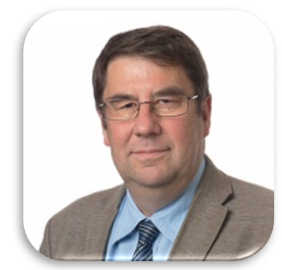
Professor Philip CALDER
Professor of immunology Univ. of Southampton (UK)
Professor of medicine and Immunology at the University of Southampton (UK), Philip Calder is “the” international expert about the link between nutrition and immunity.
Since the beginning of the 80’s, he has signed an impressive number of 701 scientific publications on the subject.
Philip Calder explains complicated things as simply as possible. Immunity, he says, is a fight for our survival that requires energy for its fighters, as well as raw materials to forge their weapons: poteins, fats, minerals, vitamins, and antioxidant. He details all of this, with details and simplicity.
From the beginning of the COVID pandemic, he published articles indicating what nutritional strategies should be implemented; he also signed « Meta-analyzes » which shed light on the role of omega-3 fatty acids in the treatment of the respiratory distress syndrome. In total, he has signed 7 articles on the Covid-19 and Nutrition link in areas as varied as preventive nutrition, immunity, inflammation and parenteral nutrition (for patients in intensive care), or the recent association study which shows a significant reduction in Covid positive cases (not only a reduction in mortality or complications) in people with Omega-3, Pobiotics and Vitamin-D supplemention.
In 20 minutes, he will explain all this, to us, with talent and answer your questions with a lot of pedagogy. It’s a truly, a great honor, to have him with us on, June 8th.
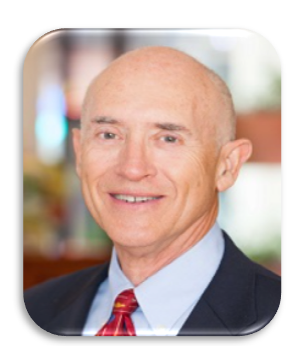
William « Bill » Harris
Professor in the Department of Medicine, Sanford School of Medicine, at the University of South Dakota
Prof. William Harris is ranked among the world top 2% of scientists the most influential (all categories considered) according the Stanford University (US) ranking.
This ranking counts the articles published in the scientific press and the echo (number of citations) of these articles in the world of research. This place owes nothing to chance. Since the 1970’s, Doctor Harris has published 394 original articles in the peer-reviewed science press.
He worked with the pionners of omega-3 research. « I was just lucky » he says, « because I was offered a topic research on Omega-3 salmon oils in the 1970s, and since this area of research has not stopped producing data. It was right after the initial pioneering work of Dyerbeg and the Nobel Prize in 1982. Omega-3, this was the horse I rode over 40 years ago and…it’s so thrilling that I will not get out until the saddle is removed! ».
In particulr, Dr. Harris has notably developed test for rapid measurement of omega-3 in the blood to make it a reliable marker of disease risks. In the context of the Pandemic (Covid -19 ), he was able to use this innovative method for a pilot trial which has demonstrated over 100 hospitalized Covid patients that the higher the blood level of omega 3,the lower the risk of death (At Sioux Falls Hospital, South Dakota).
20 minutes of contribution, to sum up, such a full life, dedicated to research is not much, but WS Harris’s taste for “science based medecine» is so strong that it will be contagious! To have Professor Harris with us on June 8th, is a huge opportunity.
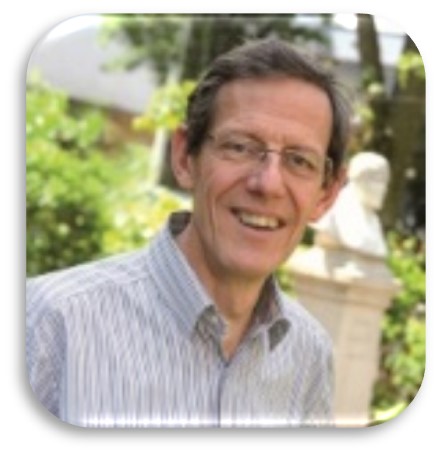
Jean-Michel Lecerf
Director of the Nutrition Department at The Institut Pasteur of Lille.
Professor Jean-Michel Lecerf is the head of the Nutrition department – Physical Activities, at the Institut Pasteur of Lille. Specialist in endocrinology and metabolic diseases, he is also Associate Professor at the University of Science and Technology of Lille and Consultant at the Center Hospitalier Universitaire of Lille.
Professor Jean-Michel Lecerf is a renowned expert, sitting in numerous scientists societies, scientific committees both public (national agencies) and private (food industries), and at the French Academy of Agriculture
Professor Jean-Michel Lecerf is also the author of 866 medical and scientific publications and some twenty books in the field of nutrition, metabolism and obesity.
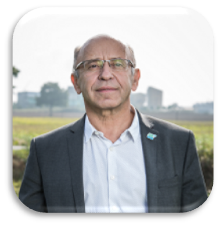
Pierre Weill
Agronomist, Bleu-Blanc-Coeur co-chairman and Chairholder «Food and Eating well» at Rennes university.
French agronomist, he has been working for 50 years in the agronomy sector, livestock, then focusing on the link between agricultural production methods and human health.
In 1999, he set-up the first clinical study dedicated on this link with the Doctor Bernard Schmitt (South Britany Hospital) and the Professor Philippe Legrand ( Agrocampus-Inserm).
As outcome of this clinical study, he founded in 2000, the Bleu-Blanc-Cœur association to organize a food chain dedicated to health.
In 2001, he run the first study that measured the link between animal health, human health and greenhouse gas.
8 clinical studies and 40 scientifics publications later, he becames Chairholder «Food and Eating well» at Rennes University where he realized today a thesis on the concept « One Health » as part of Covid-19 pandemic.
He is also Chairman of the “Centre Culinaire Conseil” in Rennes, cooperative society of collective interest (SCIC) dedicate to the human science in the agricultural and food world.
The Association Bleu-Blanc-Cœur, the Chair and the SCIC respond to the stakes of food and health by the link between hard sciences and human science and by creating interactions between actors of the food chain which feed us.
He also signed 3 books (general public) about the link between nutrition and environment.
At the 2nd session, September 28th,2021
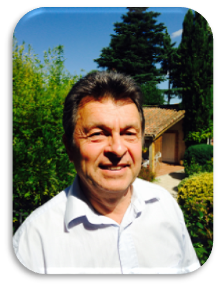
Michel DURU
Agricultural engineer INRAE
« As an agronomic, my research are focused on livestock systems and grasslands, considering the environmental impacts of different farming models, as well as their effect on the fatty acid composition of milk and meat.
Currently, I’m working on the « agroecological transition of food systems ». The challenge is to define systemic innovations taking into account the finiteness of resources The challenge is to define systemic innovations taking into account the finiteness of resources (land, phosphorus, etc…), by dealing with climate change, while allowing healthy and sustainable food ».
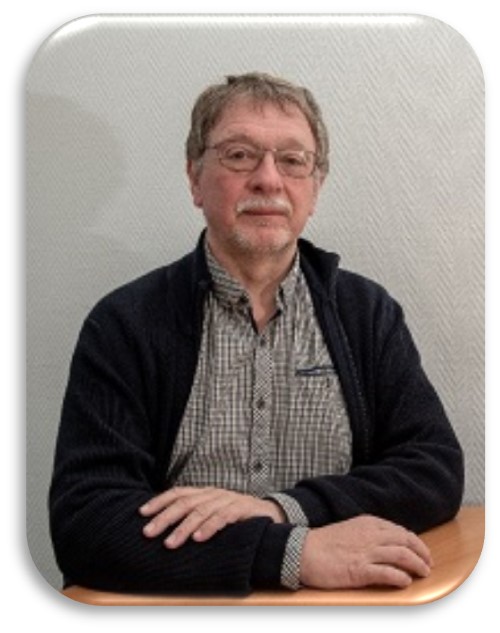
Jean Louis PEYRAUD
In charge mission at the lead of Scientists argiculture
Jean Louis Peyraud is researcher at INRAE(French National Research Institute for Agriculture, Food and Environment). He has developed works on grazing and the link between dairy farming and the environment. He has been involved in several European projects and coordinated the FP7-Multisward project which has been recognized as a « success story » by Europe and received the « Laurels of Europe » distinction by the French Ministry of Research.
His research work has led him to supervise 21 theses and has given rise to 150 scientific publications. Under its INRAE activities, he headed a research unit and was deputy “agricultural” scientific director, in charge of livestock research. Very involved in the organization of research and development work with livestock production partners, he chairs the GIS “Futur Breeding”, which brings together all the players in research, development and training in the French animal sectors. At European level, he was chairman of the animal task force, which is a European Public/Private partnership platform. He is also member of the SCAR group on animal production systems. He has coordinated for INRAE and for the European Commission several prospective reflections on the future of livestock and its roles for a more agro-ecological and circular agriculture and produced strategic research plan within the framework of “H2020” and now “Europe Horizon”.
Mr Peyraud is a member of the French Academy of Agriculture, section 3.
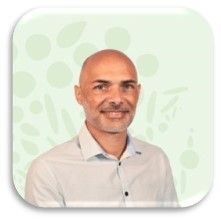
Guillaume CHESNEAU
Research and innovation Director for Valorex
Guillaume Chesneau, director of research and innovation at Valorex, where he entered in 1999. He run an Engineer training in Agriculture at Angers in France (1994-1999). Guillaume Chesneau carries out an applied research activity in the fields of nutrition and animal health, environmental and societal impacts, nutrition and human health, vegetal crop systems, as well as processing technologies of transformation and food analyzes. He heads a team of around fifteen doctors, engineers and technicians.
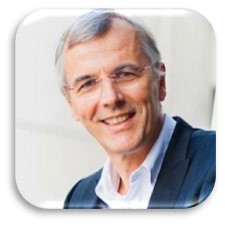
Philippe LEGRAND
Professor of biochemistry at INSERM (French National Institute of Health and Medical Research)
Researcher on nutrition of internationally renowned in the lipids and nutrition field, Professor Philippe Legrand is director of the Human Nutrition Biochemistry laboratory at the AGROCAMPUS-INSERM in Rennes (NuMeCan). He has been expert at ANSES (French Agency for Food, Environmental and Occupational Health & Safety) as president of the task group «Nutritional Fatty Acids Recommended Daily Allowance update», and published a book “Coup de pied dans le plat” (literally: “Kick in the plate”).
In 1999, he designed the first Bleu-Blanc-Coeur clinical study protocol, and conducted the analysis in labs…without a big conviction at that time, but to know… We know what happened later with the clinical positive outcome and Professor Philippe Legrand following involvement.
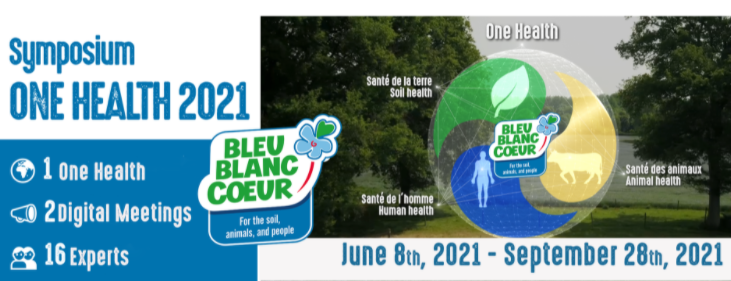





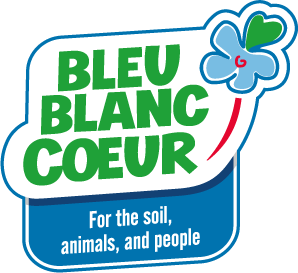
 Home
Home